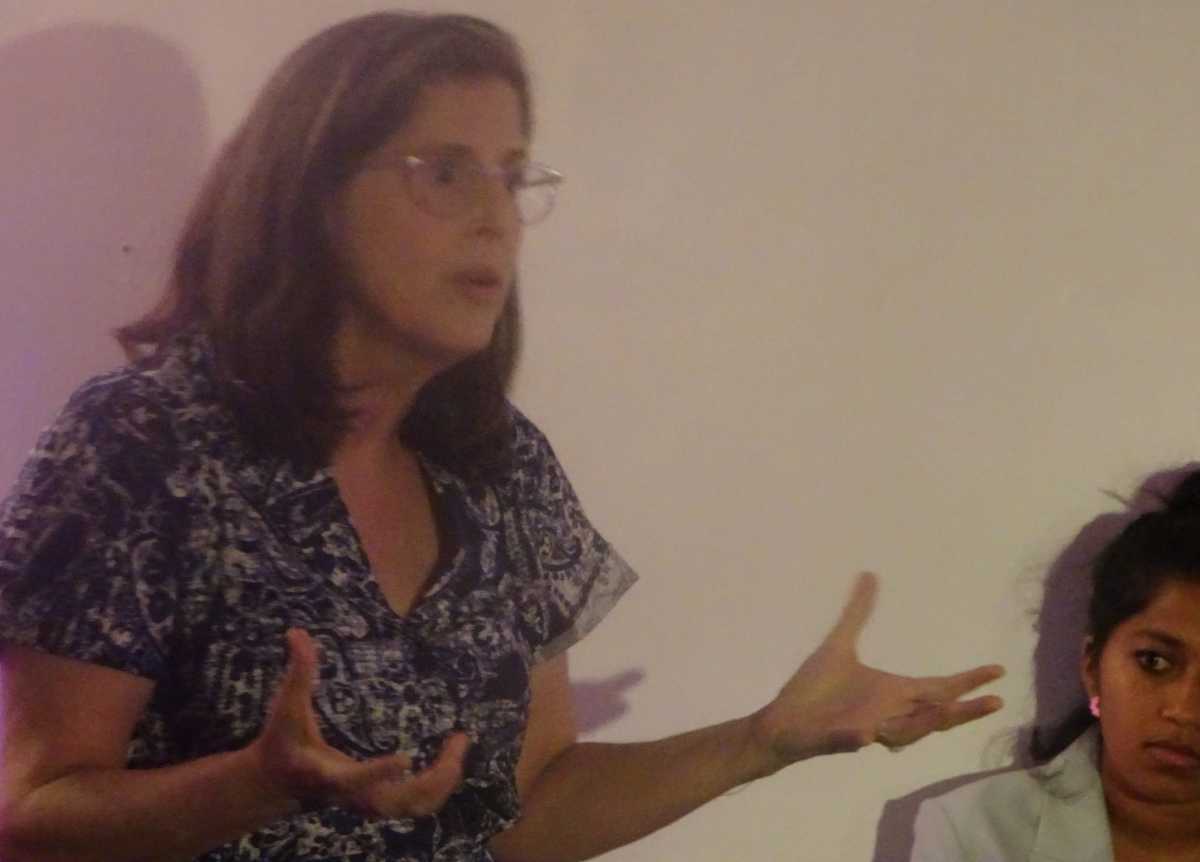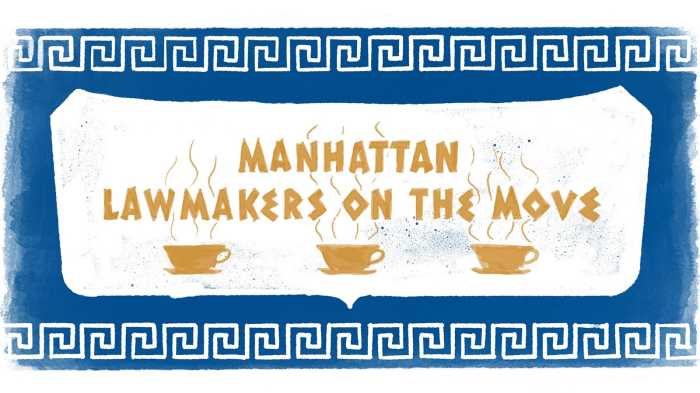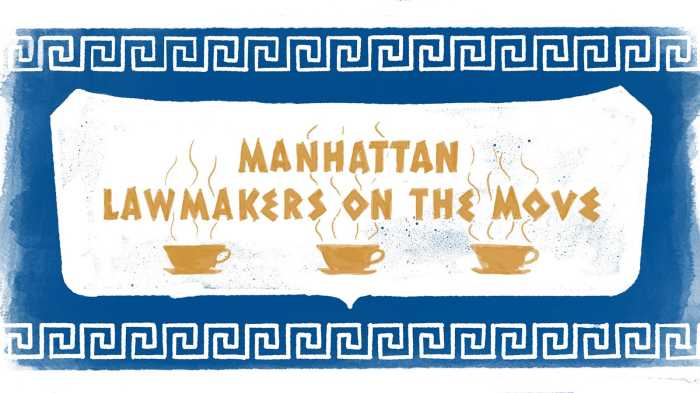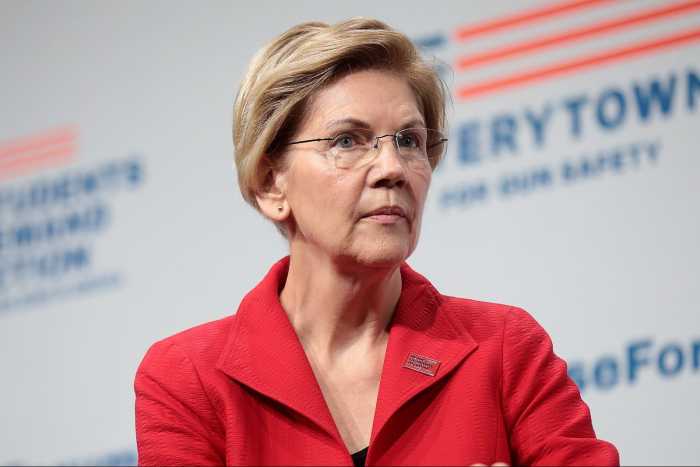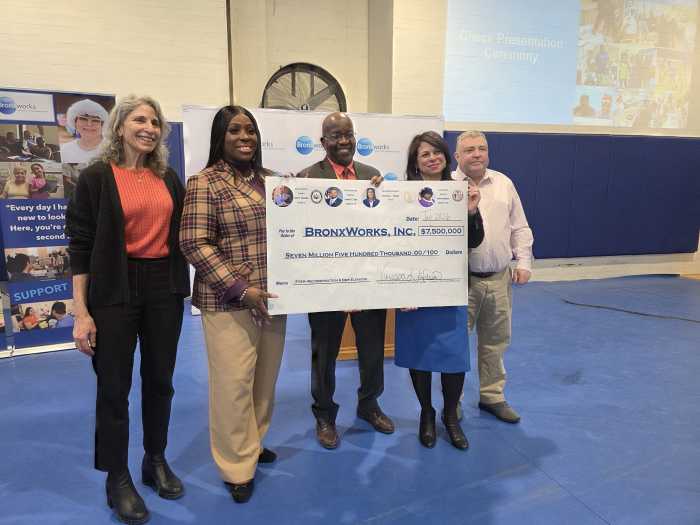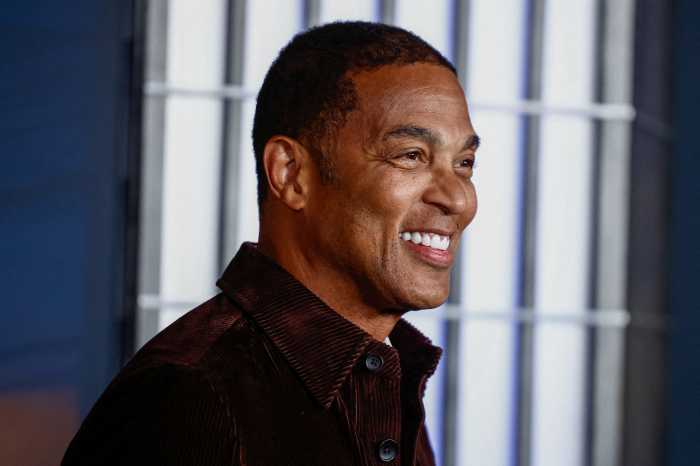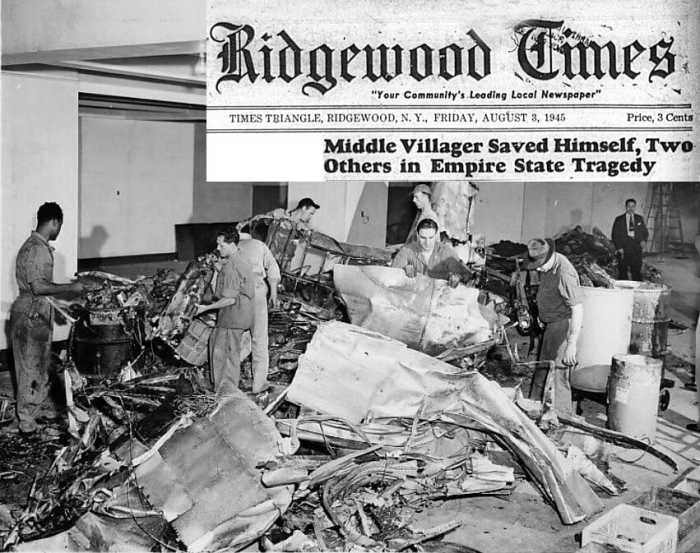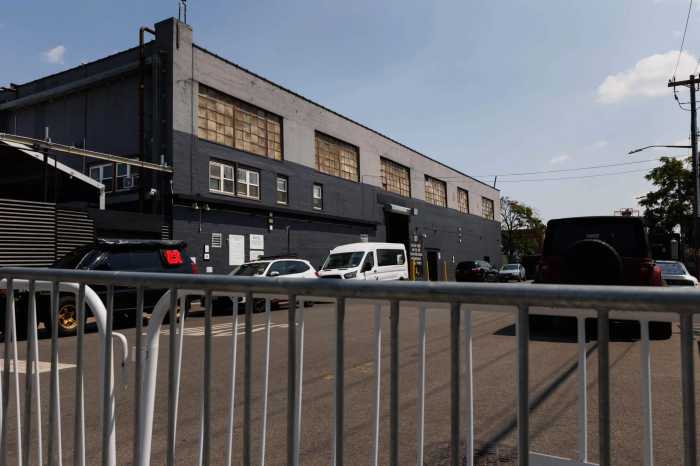The “Rosenthal Round Table”, courtesy of City Council Member Helen Rosenthal (D-Central Park, Lincoln Square) was a casual-yet-intimate affair, with an indie, bohemian flavor. Rosenthal and her constituents gathered at the New Woman’s Space in Brooklyn, where the guests, after enjoying some vegan hors d’oeuvres and drinks, were ushered downstairs to a small, dimly lit basement.
There, Rosenthal was joined by City Council Member Anthony Reynoso (D-Bushwick, Greenpoint, Williamsburg), along with a panel of four experts, for a discussion on the affordable housing crisis and what they’re doing to combat it.
The event took place yesterday evening in the basement of The New Women’s Space, 188 Woodpoint Road. The panel consisted of Rosenthal, Reynoso and the aforementioned experts, who were as follows: Divya Sundaram, policy and civic engagement coordinator at Community Voices Heard; Malika Conner, senior organizer at the Association for Neighborhood and Housing Development; Rolando Guzman, deputy director of community preservation at the St. Nick’s Alliance; and Oksana Mironov, housing policy analyst for the Community Service Society of New York.
Rosenthal began by reiterating her intention to run for New York City Comptroller, summarizing what the comptroller’s role is and why she deserves the position. As she explained, a comptroller’s role is to ensure that the city is being fiscally responsible, making sure that every dollar is spent sensibly. This, she said, was a job she was well acquainted with as a member of the City Council.
“As a council member, I was able to already identify $600 million worth of fraud in the city’s budget, and get the mayor to change the contract so that the money could be spend on universal pre-K instead of a corrupt computer company in Long Island,” said Rosenthal.
To segue into the roundtable’s main topic, she pointed out that the comptroller can ensure that the city is investing its budget in constructing affordable housing units that can stay affordable in the long run.
“How do we build more and invest in affordable housing in a way that doesn’t open the floodgates for luxury condominiums?” asked Rosenthal. “What I’ve seen over the last few years is that the floodgates have been opened, and we haven’t gotten as much affordable housing as we need.”
Afterwards, the panel discussion began. Rosenthal, Reynoso and the panelists recounted their continuous fight to preserve affordable housing, in terms of what they’ve done, what they’re doing now and what they plan to do in the future. They began by congratulating each other for their most recent victory – a package of tenant protection proposals introduced to the New York State Senate and Assembly in June. The package includes a proposal to prevent landlords from evicting tenants “without good cause” and a proposal that would expand the Emergency Tenant Protection Act.
“With the rent regulation fight, we did some pretty incredible coalition building that really worked,” said Divya Sundaram. “What was so unique about this specific campaign is that we would have these regular lobby days, like tenant Tuesdays, and everyone who was there could talk about the nine bills we were pushing. Everyone could say, with pretty great accuracy, what we were fighting for.”
Then, each panelist described the angle they’re approach the problem from – be it fighting for more stringent rent regulation, cracking down on tenant harassment, or implementing stricter building codes to ensure tenant safety.
Antonio Reynoso said that he views the problem from the perspective of a city planner. He is currently pressuring the Charter Revision Commission to implement a comprehensive housing development plan that takes the makeup of the entire city into account.
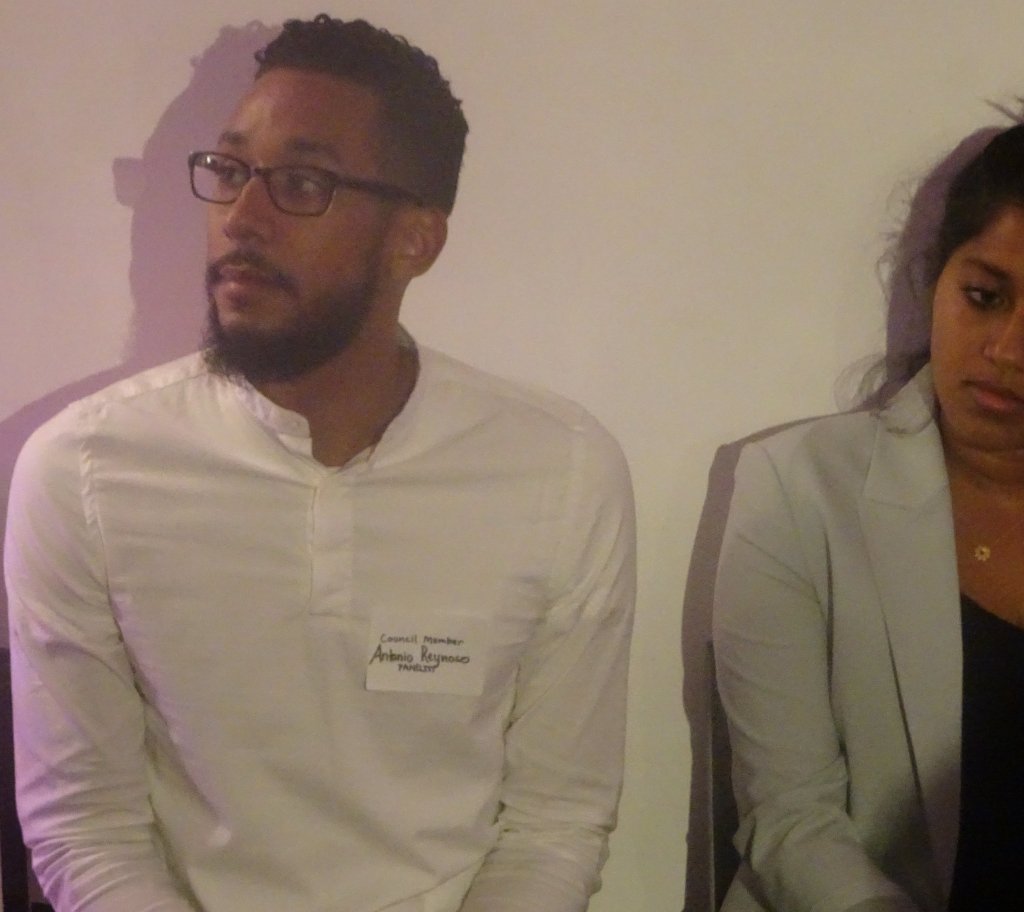
“We just need to be smarter about the way we build cities,” said Reynoso. “I think what we need to get to doing is ensuring that the entire city is looked at as a whole, and that everyone’s contributing to the growth of the city. Most of these communities, mostly black and brown minority communities, would be more open to development if they didn’t take the entire burden of building affordable housing. That’s not what we want. We don’t want to take on every homeless shelter.”
Going forward, Divya Sundaram hopes to see the affordable housing movement to address public housing – including, but not limited to, NYCHA. Ultimately, she said, she wants the movement to move towards “universal housing” – and endgame where the state regards housing as a universal right that every citizen is entitled to.
“In New York City specifically, if we don’t address NYCHA, if we don’t fix this issue, it’ll impact 500,000 people,” said Sundaram. “I’m hoping that within the city we can unite private housing tenants and public housing tenants – kind of work towards a shared cause, universal housing.”


